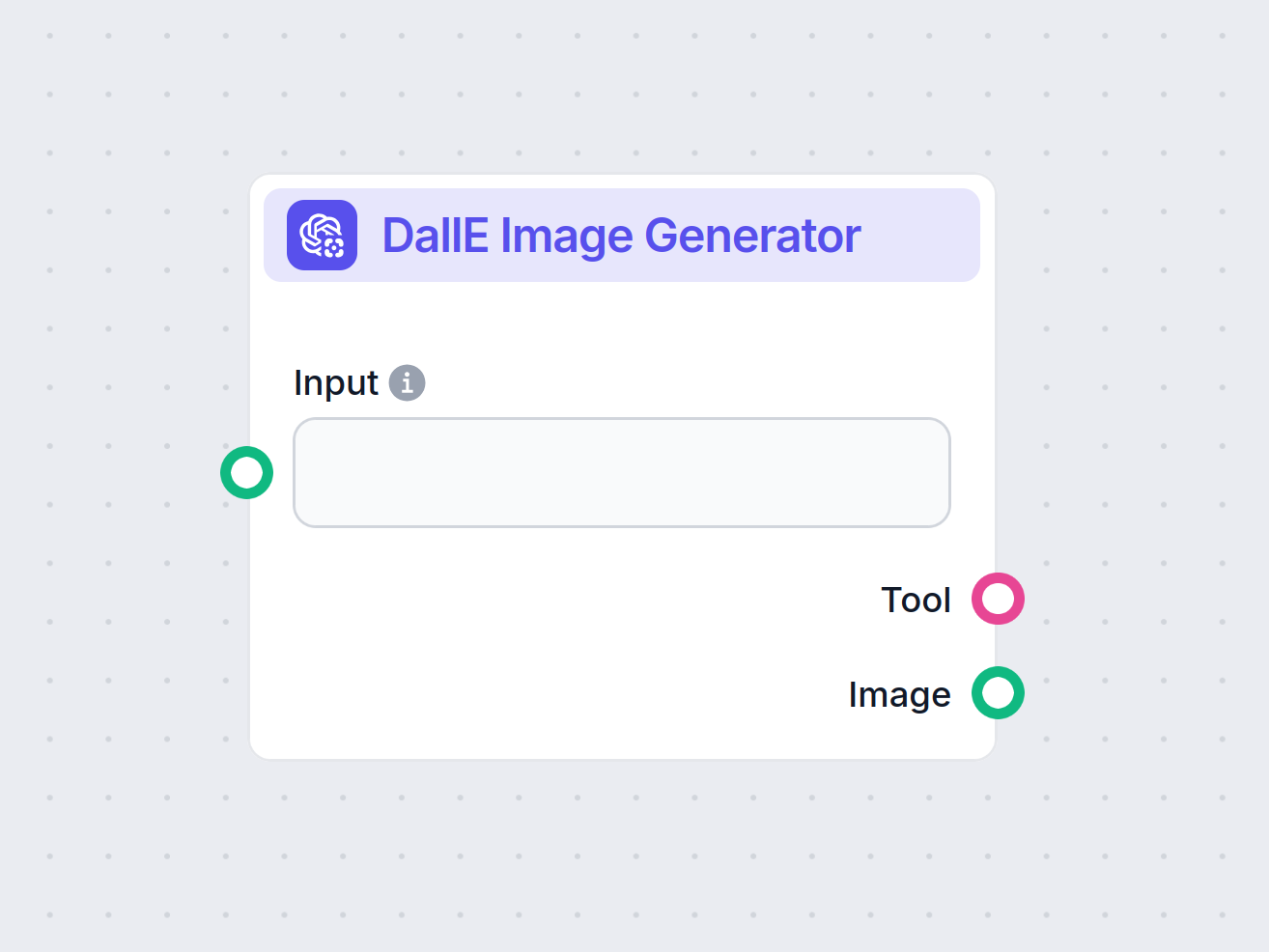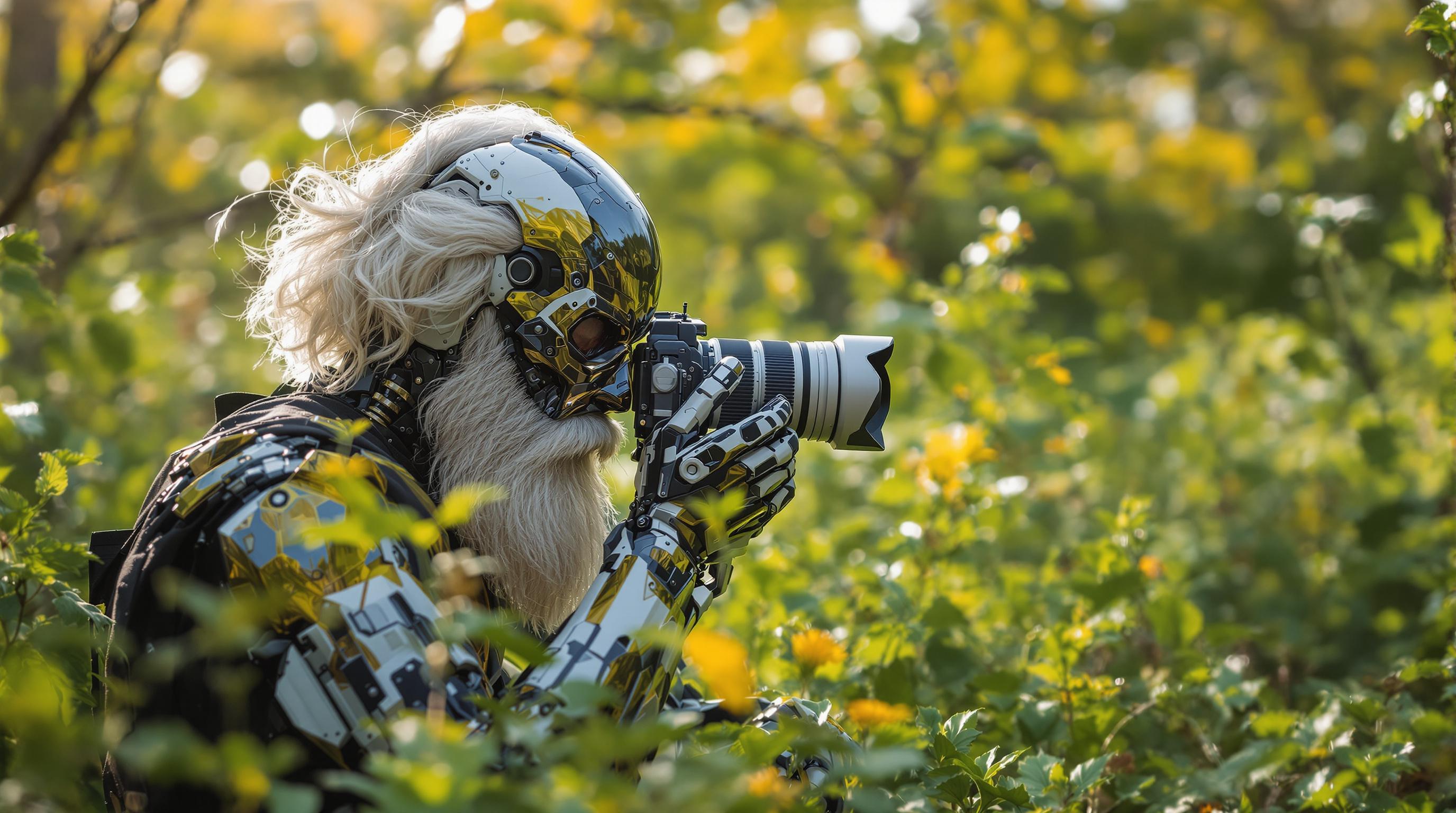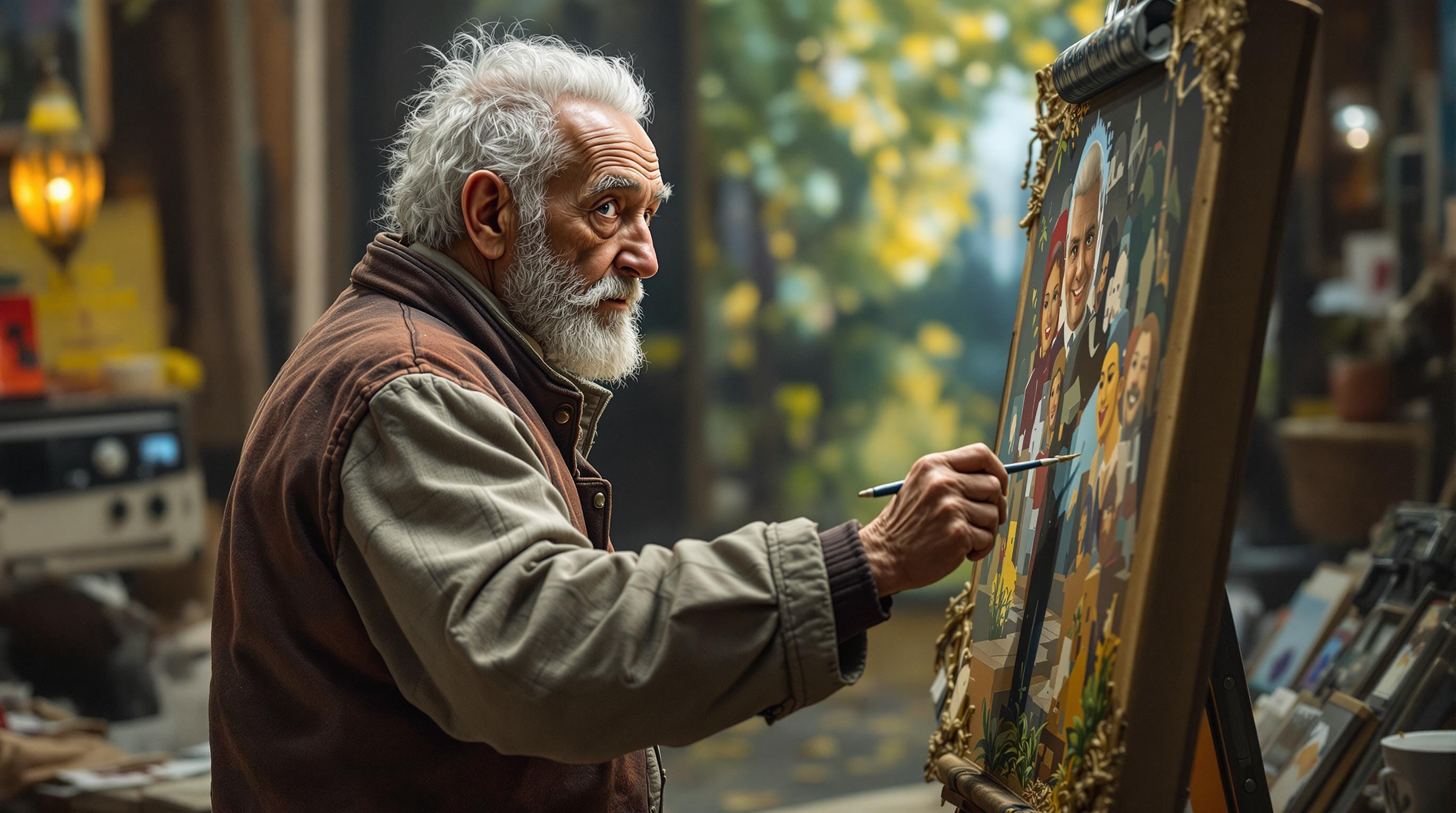Dall-E
DALL-E by OpenAI transforms text into images using AI, evolving across versions and finding uses in art, marketing, education, and more.
oses ethical risks like misuse and bias.
DALL-E is a series of text-to-image models developed by OpenAI. The name “DALL-E” is a portmanteau of the artist Salvador Dalí and the Pixar robot character WALL-E. These models use deep learning techniques to generate digital images from textual descriptions, known as “prompts”. The technology leverages the power of artificial intelligence to interpret and visualize phrases, ranging from simple to complex.
History and Evolution
DALL-E 1
The first iteration, DALL-E 1, was announced in January 2021. It set the stage for a new era of AI-driven image generation, showcasing the ability to create diverse and coherent images from textual input.
DALL-E 2
Following the success of its predecessor, DALL-E 2 was released in 2022. This version brought significant improvements in image quality, resolution, and the ability to handle more intricate prompts, further solidifying its utility in various creative and professional fields.
DALL-E 3
DALL-E 3, released in October 2023, integrates seamlessly with ChatGPT for Plus and Enterprise customers. It also became available through OpenAI’s API and “Labs” platform in November 2023. Microsoft has incorporated DALL-E 3 into Bing’s Image Creator tool and plans future integrations with their Designer app.
How Does DALL-E Work?
DALL-E operates by converting natural language prompts into visual representations. It uses a transformer-based architecture, similar to models used in natural language processing, but adapted for the generation of images. The process involves:
- Input: The user provides a textual description or prompt.
- Processing: The model interprets the text using its deep learning framework.
- Output: A digital image is generated that corresponds to the provided description.
Applications of DALL-E
DALL-E has a wide range of applications across various fields:
Art and Design
- Creative Projects: Artists and designers use DALL-E to generate unique visuals for their projects.
- Illustration: It serves as a tool for creating illustrations based on specific descriptions.
Marketing and Advertising
- Ad Campaigns: Marketers can generate bespoke images for advertising materials.
- Content Creation: DALL-E helps in creating engaging visuals for social media and other digital platforms.
Education and Research
- Educational Materials: Educators use DALL-E to create illustrative content for teaching.
- Research: Researchers employ DALL-E for visualizing concepts and data.
Entertainment
- Film and Media: The film industry leverages DALL-E for concept art and storyboarding.
- Gaming: Game developers use it for creating game assets and environments.
Ethical Considerations
While DALL-E offers immense potential, it also raises several ethical considerations:
- Misuse: There is a risk of misuse in generating misleading or harmful content.
- Copyright: The generation of images based on existing works can lead to copyright infringement.
- Bias: The model may reflect biases present in the training data, necessitating ongoing monitoring and refinement.
Frequently asked questions
- What is DALL-E?
DALL-E is a series of text-to-image models created by OpenAI that generate digital images from textual prompts using deep learning.
- How does DALL-E work?
DALL-E uses a transformer-based AI architecture to interpret textual descriptions and generate corresponding digital images.
- What are the applications of DALL-E?
DALL-E is used in art and design, marketing, education, research, entertainment, and gaming for generating unique visuals and illustrations.
- What are the ethical concerns with DALL-E?
Ethical considerations include misuse for generating misleading content, copyright infringement, and biases present in the training data.
Try FlowHunt or Book a Demo
Start building your own AI solutions or explore DALL-E-powered tools with FlowHunt.



